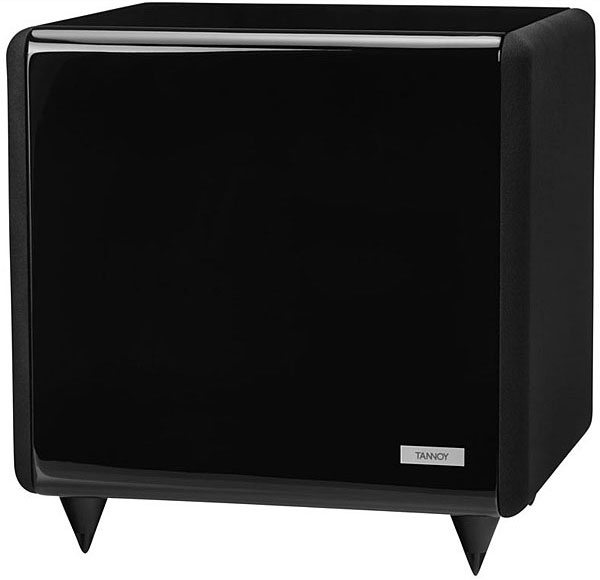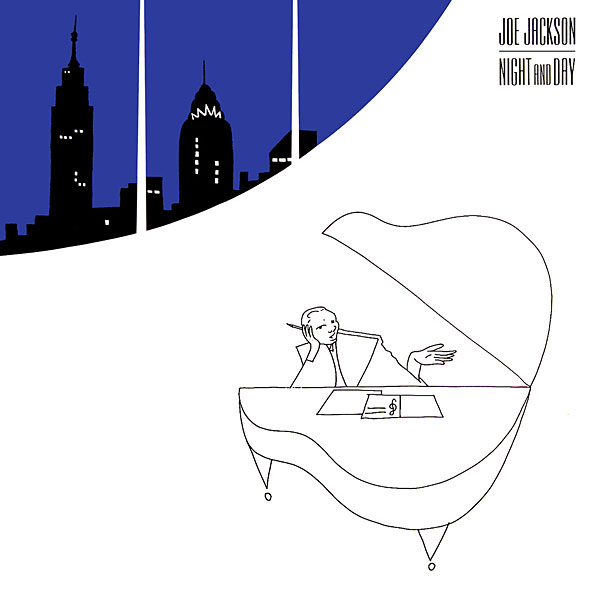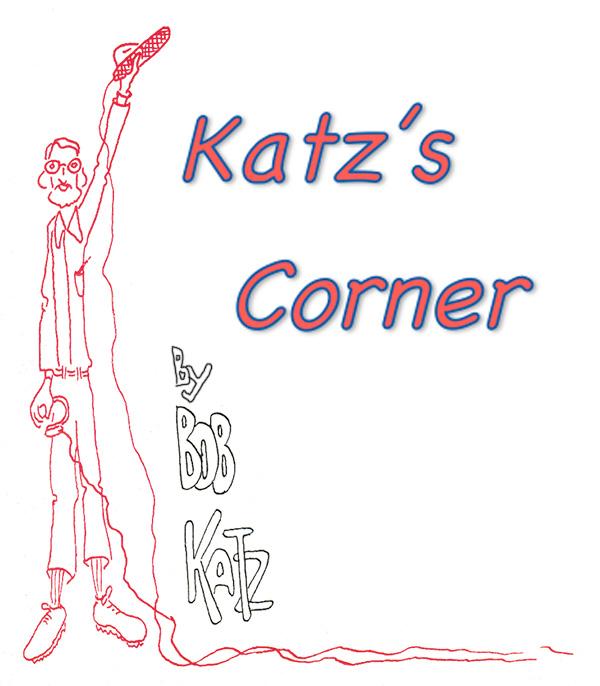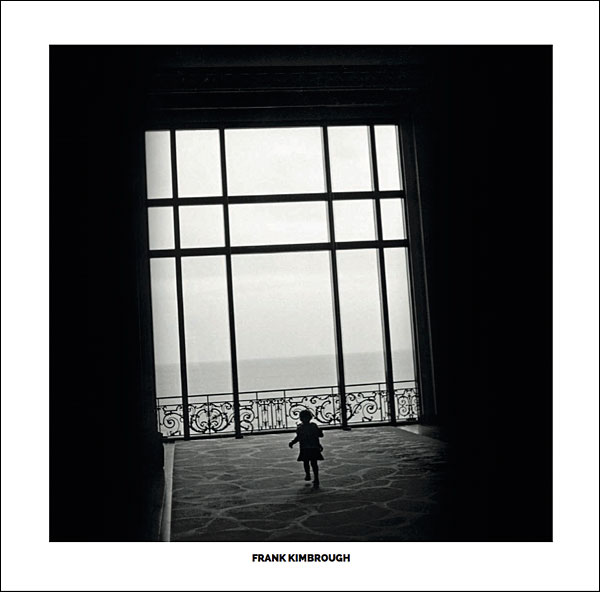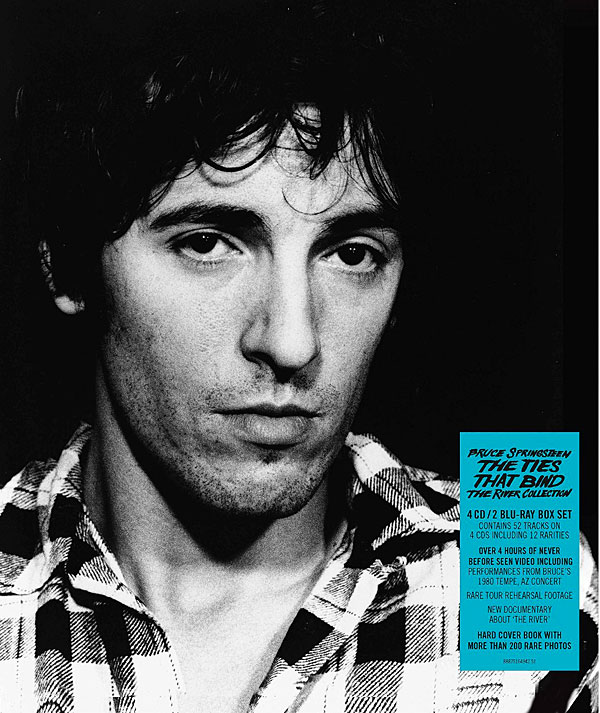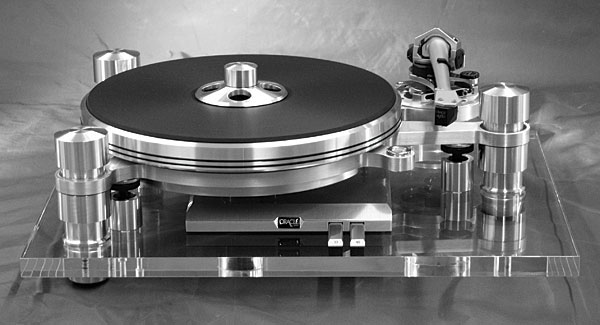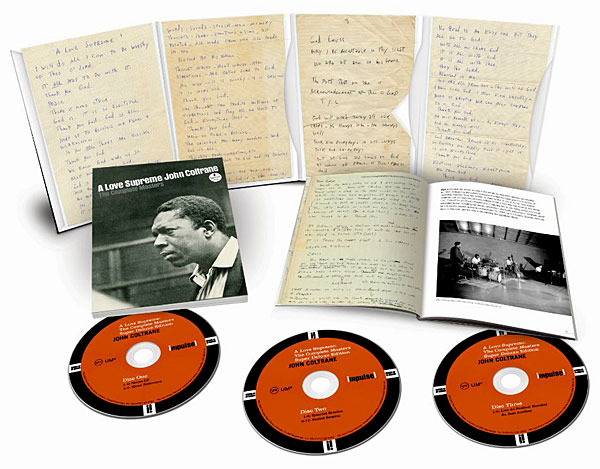LATEST ADDITIONS
Shane Buettner, Intervention Records
Over the years, I've felt obligated to ask this question of several friends who somehow concluded that their life's work involved founding a record label.
"That is the best question isn't it?" Shane Buettner said with a big laugh. "Why do I want to hurt myself this badly and spend a lot of money doing it?" He smiled again, with a mild shake of the head.
"Actually, yesthat's exactly what I mean."
Katz's Corner Episode 9: Astell & Kearn AK T1p Headphones and AK380 Music Player
I'm not a shy guy. If I don't like a headphone, I'll pull it off my ears within five minutes! So far, I've had the Astell & Kearn AK T1p on for over 40 minutes and I keep wanting to check them outso there must be something about them that's keeping me listening.
V-MODA Crossfade Wireless a Mixed Bag
In the end I think these are pretty good for a wireless headphone, but you're going to have to wade through a lot of mixed feelings from me to get there.
Meridian Updates its Products to MQA
Newvelle Jazz
I Come From Down in the Valley
An Open Letter from Bill Low of AudioQuest
Oracle Delphi Mk.VI Second Generation turntable
Recording of February 2016: A Love Supreme: The Complete Masters
John Coltrane, Archie Shepp, tenor saxophone; McCoy Tyner, piano; Jimmy Garrison, Art Davis, bass; Elvin Jones, drums
Impulse! 80023727-02 (3 CDs). 1965/2015. Bob Thiele, orig. prod.; Rudy Van Gelder, orig. eng.; Harry Weinger, Ashley Kahn, reissue prods.; Kevin Reeves, reissue mastering. ADD? TT: 2:43:31
Performance *****
Sonics *****
While every jazz fan has his or her favorite period of John Coltrane's careerthe promising Prestige years, the "hits" on Atlantic, the single knockout punch of Blue Trane, his lone album for Blue Notenearly everyone agrees that the intensely realized vision and sonic charms of A Love Supreme make that album his masterpiece. The recordings Coltrane made for his final label, Impulse!, at first swung between more free jazz outings like Impressions (1963) and more conventional recordings, such as duet albums with Duke Ellington and Johnny Hartman (both in 1963). A Love Supreme (1965) was his most coherent artistic statement, one grounded in his love for God, and embodying an affirmation of the power of love over dissension and division. The album also marked the beginning of Coltrane's final two years, in which he would relentlessly plumb new depths of meaning in his music, and hone an ever more assaultive, angular sound that seethed with emotion and an endless stream of ideas. The strident, dissonant, refractory music that followed A Love Supreme, and now known as his New Thing, remains controversial.

